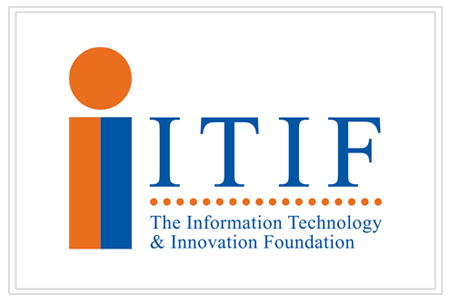In its bid for a greater share of the global innovation economy, Nigeria has been accused of seeking advantage by implementing forced data and IT localization, described as one of the world’s most glaring examples of protectionist and trade-distorting public policy in 2015.
This was according to an analysis by the Information Technology and Innovation Foundation.
The finding comes in ITIF’s annual list of the year’s 10 worst manifestations of “innovation mercantilism”.
In the report released on Monday, ITIF explained why countries that try to expand their technology production through protectionist and trade-distorting policies damage the entire global innovation system and may, in the long run, undermine their own interests.
ITIF said curbing the scourge of innovation mercantilism should be a top priority for the global trading system.
“Every nation wants to be a leader in innovation because it is the main driver of economic growth in the 21st century,” said Nigel Cory, a trade policy analyst at ITIF and author of the report. “But using negative-sum, protectionist policies to get there hurts global innovation. In the long run, it may even damage the very countries embracing these practices because they miss out on the opportunity to raise productivity in all sectors instead of in just a few high-tech ones.”
In its third year of publication, ITIF’s 2015 list of the worst innovation mercantilist policies included Nigeria because the country was alleged to have forced local data storage and mandated local content requirements for a range of ICT hardware.
The other policies on the list include:
· Canada: Continued to misuse international intellectual property law to undermine pharmaceutical patents.
· China: Introduced security and industry rules, especially requirements for “secure and controllable” equipment, which effectively exclude foreign technology products. China also expanded requirements for forced local data storage.
· China: Used its semiconductor industrial policy to unfairly support domestic firms while discriminating against foreign firms.
· India: Introduced local content requirements as part of its National Telecom Machine-to-Machine Roadmap.
· India: Introduced local content requirements in solar power projects.
· Indonesia: Introduced local content requirements for smartphones and forced local data storage.
· Russia: Implemented forced local data storage requirements.
· Russia: Forced the local production of pharmaceuticals and medical devices.
· Turkey: Tried to misuse World Trade Organization safeguard protection measures in order to protect a nascent smartphone manufacturer.
In the report, ITIF urged policymakers around the globe to more strongly push back against innovation mercantilist policies.
“We are seeing a disturbing trend where innovation mercantilist policies are becoming the norm rather than the exception, and the global trading system is doing little to try to roll back these destructive practices,” said Robert D. Atkinson, ITIF’s founder and president. “If we are going to boost global innovation, a commitment to roll back foreign innovation mercantilism has to be at the top of the agenda.”
Trending
- Erotic Monday Night: Holiday sex, by Tiwa Says
- Three Lagos Assembly workers apologise to DSS for assault
- Naira-For-Crude: Has our husband gone mad again? (1), by Ola Emmanuel
- BBC faces funding challenge, real income drops by £1bn
- Emir Sanusi warns Kano youths against plans to attack Igbos over Edo killings
- Tinubu congratulates Jim Ovia on admission to Freedom of the City of London
- Breaking: Kogi bans convoy, rallies ahead of Natasha’s visit
- Fans confused as Wizkid deletes Instagram posts


